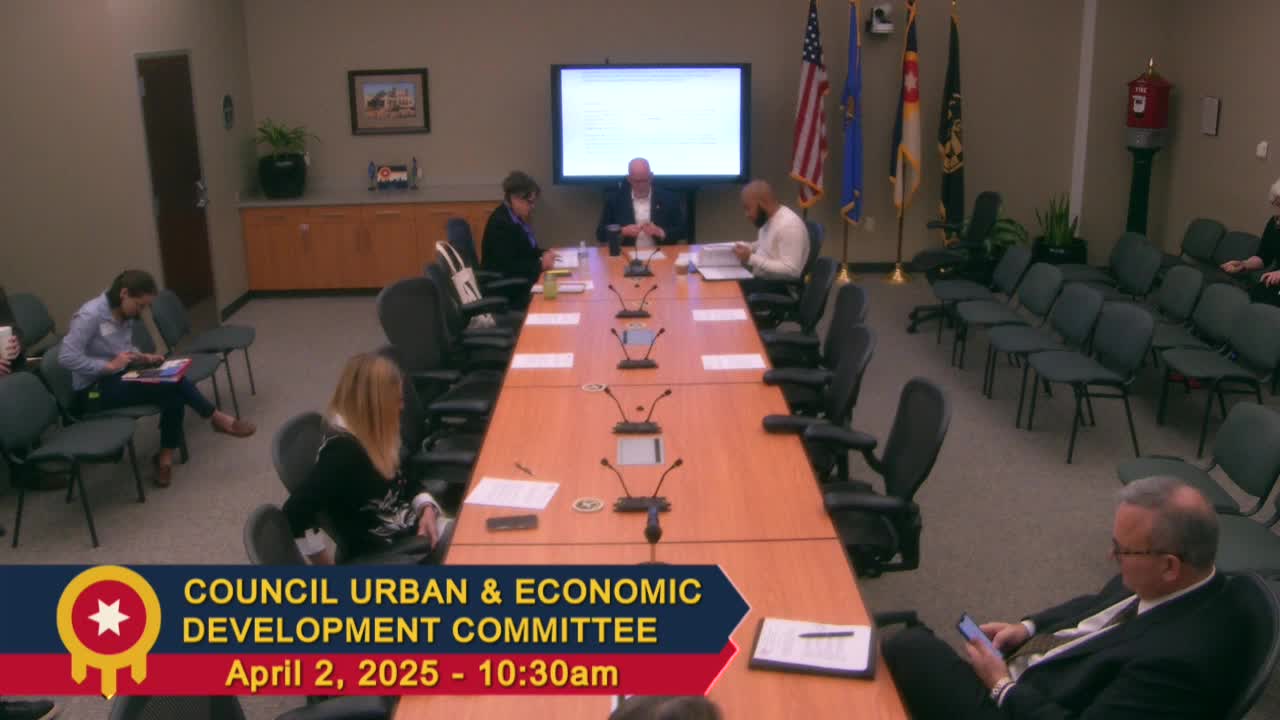Article not found
This article is no longer available. But don't worry—we've gathered other articles that discuss the same topic.
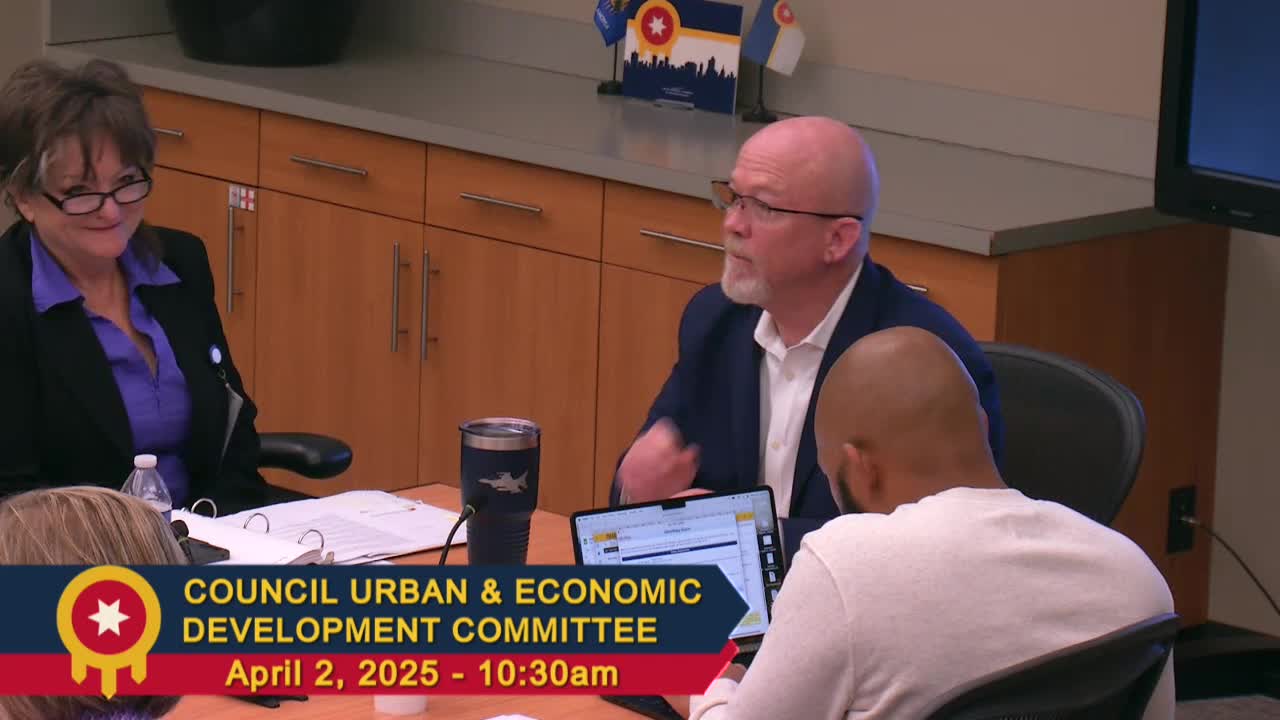
Council reviews right-of-way occupancy permit application for Metro Fiber Match; restoration and inspection concerns raised
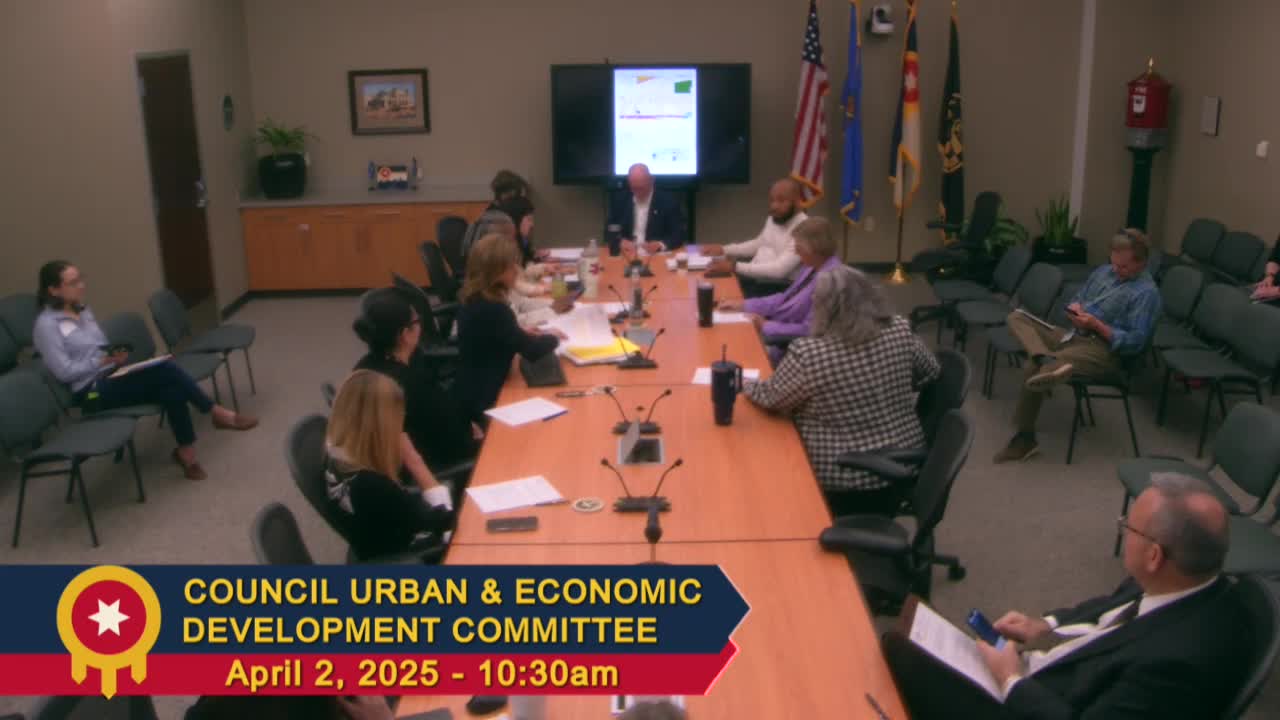
Council hears staff brief on proposed amendments to Tulsa Metropolitan Area major street and highway plan
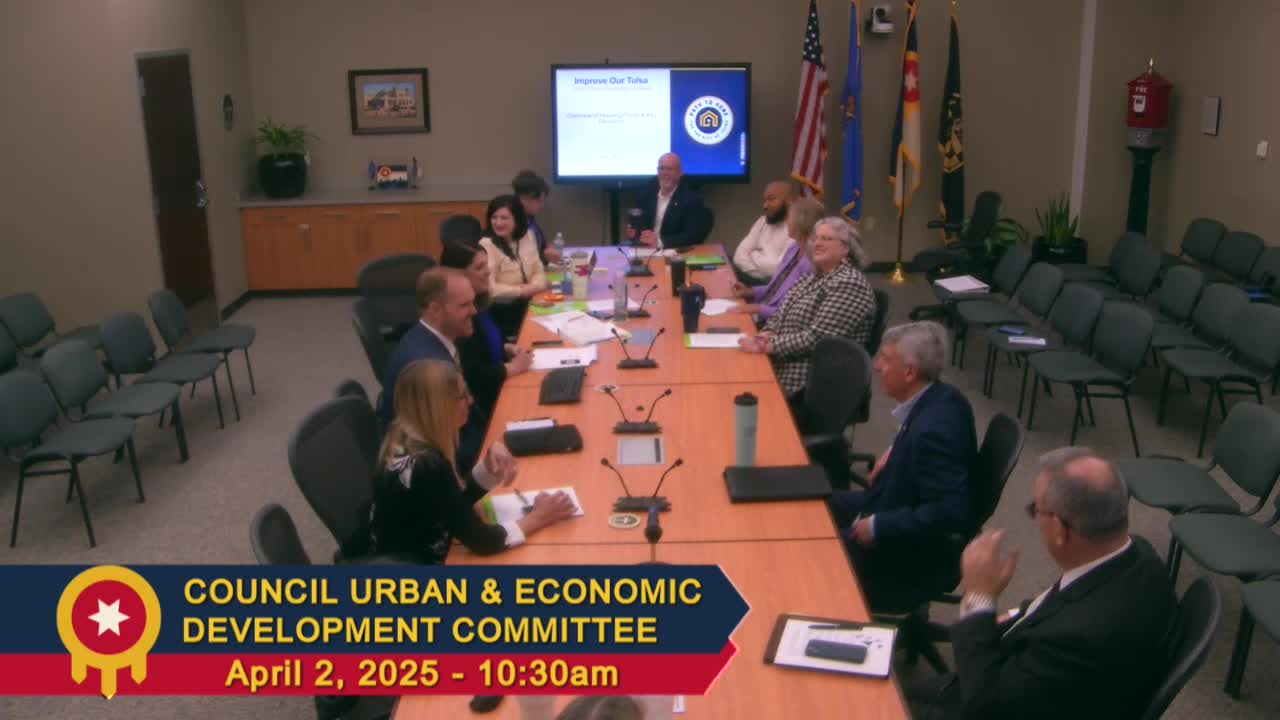
City staff outline implementation priorities for $75 million Improve Our Tulsa 3 housing commitment; study finds need for 12,900 units over 10 years
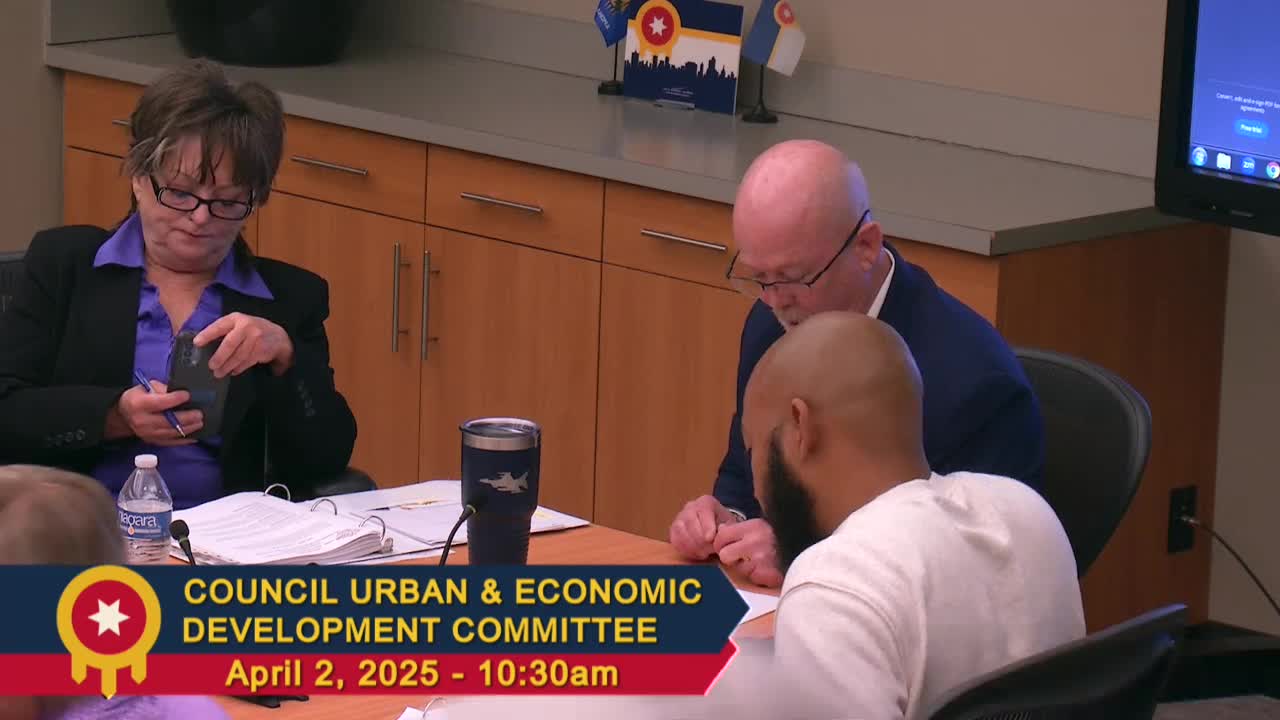
Council heard multiple budget amendments and appropriations proposals including arbitrage payment, stormwater culvert, AMR meters and sewer bonds
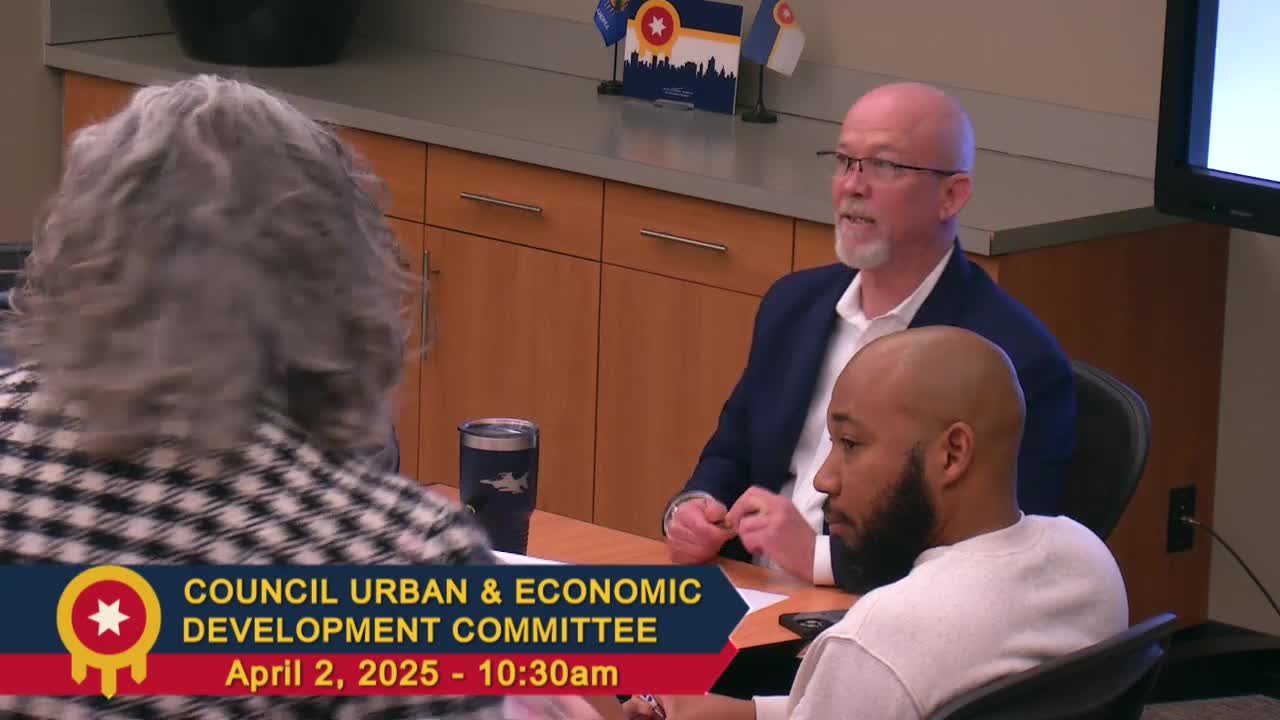
Tulsa Regional Chamber briefs council on economic development, tourism and legislative priorities
